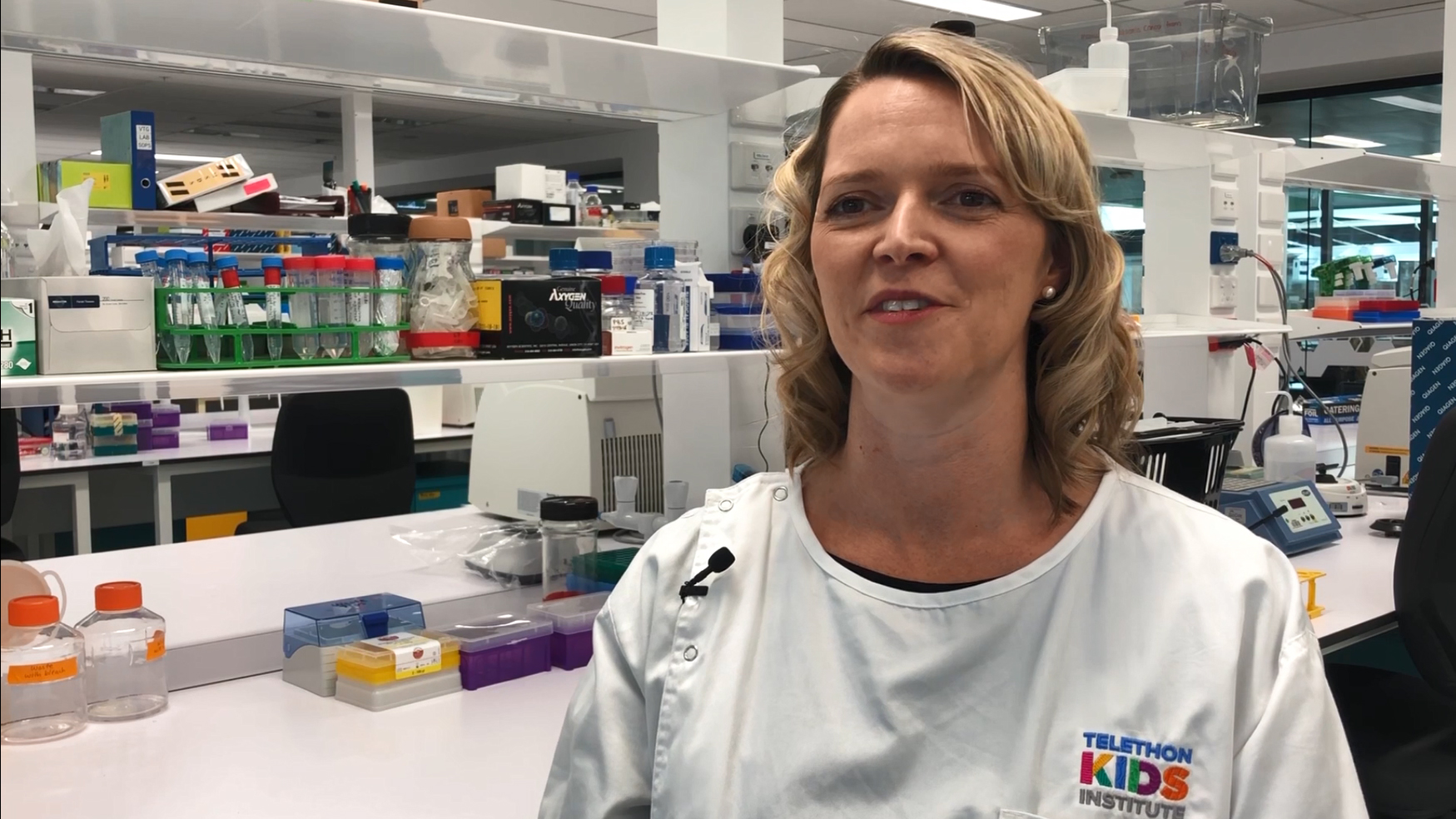Search
Showing results for "aboriginal respiratory"
Research
START: Towards a diagnostic test for rheumatic feverIn this study we will use new methods to comprehensively test immune responses in blood samples from people with ARF (diagnosed using the Jones Criteria) and healthy volunteers at Royal Darwin and from Auckland Hospital, New Zealand, to find any unique signature that reliably identifies ARF.
Research
Early Childhood DevelopmentEvery child deserves the best possible start in life. Evidence demonstrates the period from pre-birth to three years is a vital period of development. It lays the foundations for a child’s future and has life-long impacts on health, education, job opportunities, social inclusion and wellbeing.
Research
PlaygroupsThe importance of play for a child’s development is irrefutable. Playgroups provide a safe environment for children of similar ages to play and develop prior to starting school.

News & Events
WA Near Miss Awards provide boost for leading researchers at The KidsNine researchers from The Kids Research Institute Australia have secured vital support through the WA Near Miss Awards, allowing them to continue innovative health projects that narrowly missed out on national funding.

News & Events
Nasal spray to prevent ear infections closer to fruition thanks to major grantA nasal spray that could potentially prevent childhood ear infections and reduce antibiotic use is a step closer to clinical trials thanks to a $500,000 CUREator grant.
Research
Risk of Hospitalizations Following Gastrostomy in Children with Intellectual DisabilityGastrostomy was associated with health benefits including reduced all-cause and epilepsy hospitalizations, but was not protective against acute LRTI
Research
Language DevelopmentLanguage is one of the most remarkable developmental accomplishments of early childhood. Language connects us with others and is an essential tool for literacy, education, employment and lifelong learning.

News & Events
Meet the Finalists: Illuminate PitchFest 2024Illuminate PitchFest is back! We are excited to introduce you to 10 trailblazing researchers who will be taking to the stage this February to pitch their bold and bright ideas.
Research
Ultraviolet radiation suppresses obesity and symptoms of metabolic syndrome independently of vitamin DUVR or sunlight exposure may be an effective means of suppressing the development of obesity and MetS, through mechanisms that are independent of vitamin D
Research
Low vitamin D levels are associated with symptoms of depression in young adult malesResults from studies examining associations between serum 25-hydroxyvitamin D (25(OH)D) concentrations and depressive symptoms are equivocal.
